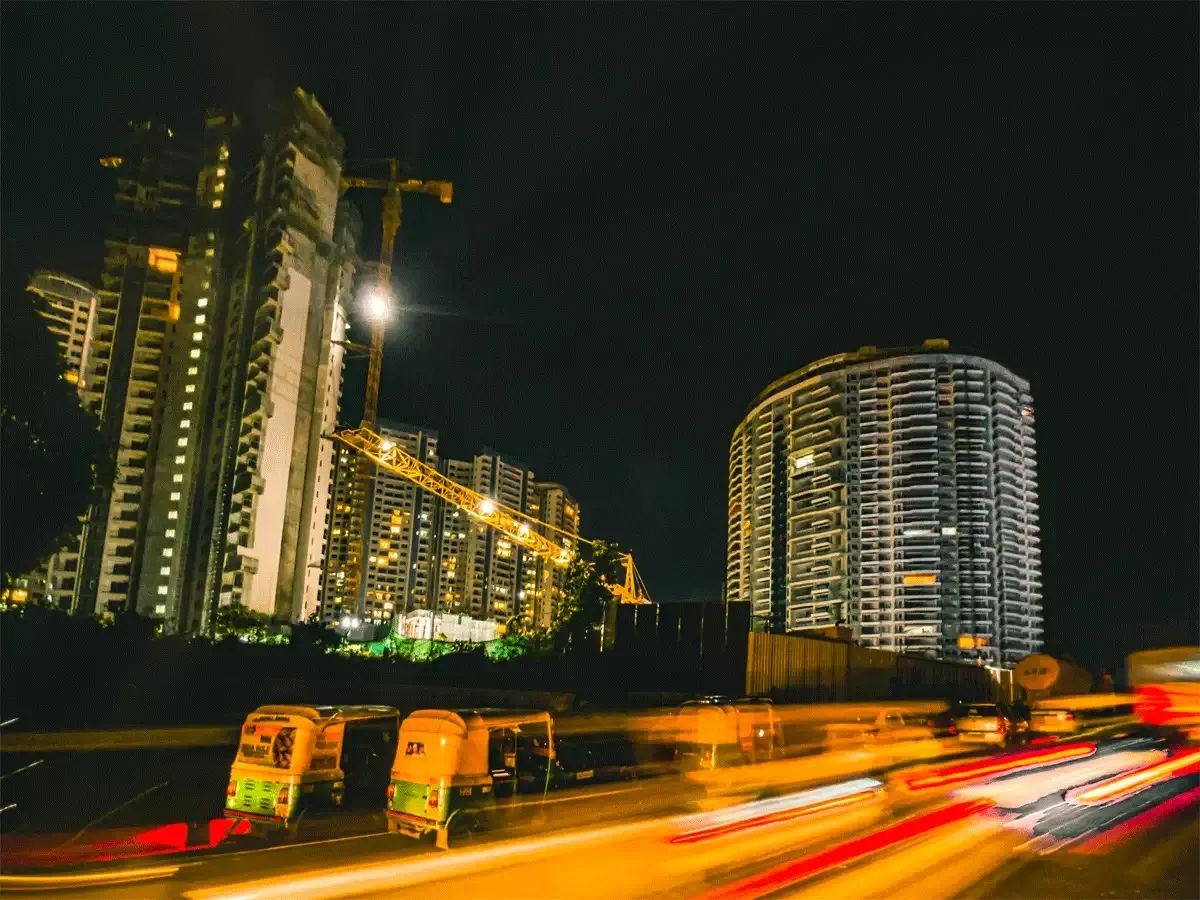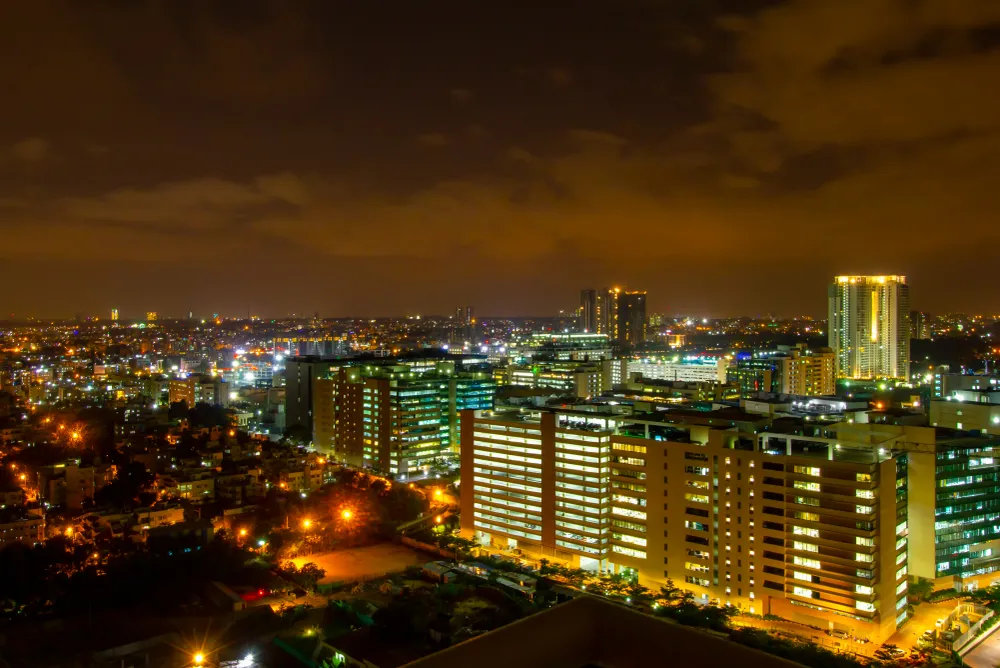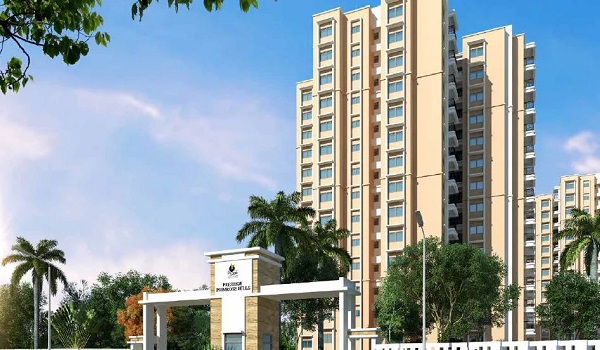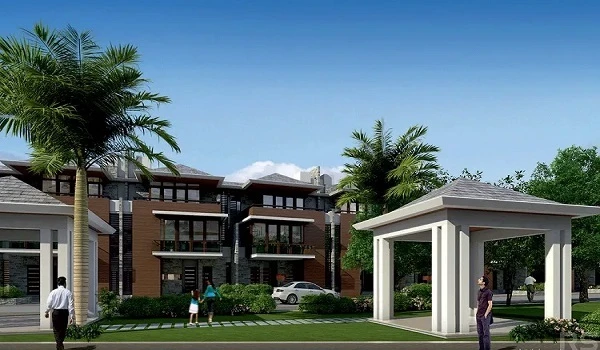
2021 is the year we have been looking forward to bringing what we learned in 2020, to practice. The year 2020 was full of self-reflection, making positive, permanent changes to life, forming habits that are good for our mental health as nature healed itself from all the toxins it has been put through for years.
- We were finally able to spend more time with our family.
- We realised the importance of essential workers such as people who worked at grocery stores or supermarkets even during the lockdown.
- The imposed lockdown also imposed a habit of not buying for no reason. Impulsive buying came to a stop.
- We started working out more, walking more and eating healthy.
- With less vehicles on streets, the air quality improved in major cities like Bangalore, Chennai, and Delhi.
- We realised the best place to unwind is indeed our homes as taking virtual tours and attending zooming calls became the part of our daily drudgery.
Every market that had to bear the brunt of the lockdown, restrictions, losses pertaining to finance as well as emotional is slowly accepting the way things have shaped up. Some markets picked up immediately after the lockdown ended, while some found their own pace and tread carefully to bring things back to normal.
The vaccine must be out but the threat is still not completely mitigated. Some cities are still on the verge of a lockdown due to rising cases as people fail to follow the guidelines.
Loss of jobs across industries due to the next to zero demand from consumers led business to bankruptcies and entrepreneurs to insolvency.
- India currently stands at a 6.5% unemployment. An improvement from 9.1% in December 2020
- The lockdown wreaked havoc on people’s mental health, triggering issues such as anxiety, stress, and depression due to isolation.
- Tourism, which is one of the key drivers of the economy and the service sector, was the worst hit during the pandemic.
- Hospitality was the second most-affected industry.
- Since offices and schools were closed, the commute came to a sudden stop affecting public transport such as railways, metros, cabs, across the country.

The real estate sector was already in the dormant state post demonetisation, GST, and RERA. The year 2019 had a total of 850 applications in Karnataka for new real estate projects but the trend took a downward path in 2020 with only 540 new project registrations due to the onslaught of lockdown on businesses. Localities that experienced high demand before the covid-19 breakout, are now experiencing low demands. Places like Yelahanka, Hebbal, RT Nagar have piqued the homebuyer's interest. Whereas areas like Marathahalli, Electronic City, and Whitefield are not in the run.
It is safe to say that the already static Indian real estate market was hit the hardest by the Covid-19 pandemic during the first quarter of 2020 affecting the industries that work in conjunction with it. The near three month lockdown between March and June brought all industrial and construction activities to a halt or at least made sure of an indefinite delay in revival. Real estate was no different. But all was not lost even when the workers and laborers from the unorganised sector began migrating to their hometowns in order to stay close to their families until the lockdown was lifted which was nowhere near in sight.
Being the second largest employment generator in the country, the ailing real estate was given the first priority by the government in the form of initiatives during the lockdown. Financial sector such as banks and NBFC cut down interest on home loans to encourage people to buy their dream homes in their favourite part of the city as the demand for finished projects went up as people started to view apartments more than walls with doors. They started seeing apartments as potential workplaces. Hence, the need for 2.5 bhk and 3 bhk was and is still on the rise.
- Government took notice of the RERA deadlines and gave an extension by 06 months.
- The Karnataka government reduced stamp duty for new housing projects from 05% to 03% on properties valued under 35 lacs.
- Properties valued under 20 lacs were reduced to 02% stamp duty fee.
- It urged banks and financial institutions to provide moratoriums on existing customers’ loans. This will motivate new buyers and restore their faiths in the loan providers.
- Real estate went physical to digital during the course of the lockdown. Digital meetups and video tours were introduced keeping the social distancing guidelines in mind, cutting down travelling costs and actually giving buyers the freedom to take video tours in any cities of their choice.

Bangalore realty had a different progression during the course of the nationwide lockdown. While some reports suggest that Bangalore real estate had wound up itself in the Covid wildfire that affected the top eight real estate markets in India, few correspondence reveal Bangalore actually witnessed an upsurge in new project launches like The Prestige City and home sales right after the lockdown was lifted. It was since August the piled-up housing units that buyers thought of waiting up on, started to get sold off expeditiously.
- As of December 2020, the unsold stock in Bangalore was at 71,198 residential units, only second to Ahmedabad which was at 38,614.
- 20% of the unsold inventory can be classified as ready-to-move in units. With 17,793 new project launches and 23,458 units sold, the Bangalore realty market turned out to achieve the best recovery among the top eight real estate markets across the country.
- Low interest rates, realistic pricing of apartments from buyers on completed projects led to the lowest inventory overhang in Karnataka. 30% of the unsold inventory belonged to Bangalore.
- Since the migration of workers, many corporate employees saw it as an opportunity to cut costs by saving up on rent money and moved back to their hometowns to work from home which led to reduction in rentals in prominent areas. Indiranagar is down by 11% and HSR layout by 5%.
Physical infrastructure has always been the city’s issue and the pandemic only added salt to the wound by bringing metro major construction projects to a standstill which would have otherwise laid a foundation for people to buy more houses in areas owing to better connectivity. The indefinite, uncertain change was brought about when the labors and workers moved back to their hometown.
While many potential home investors have decided to wait it out and occasionally go through the property prices in their preferred areas, some invested money to improve their house back home embracing the new normal. Other factors that has caused Bangalore its liveability quotient and home buyers to shy away from buying houses were delay in metro line projects, the liberty to work from home that is, to work remotely, and the traffic issues in areas like Electronic city, HSR layout, and Silkboard forcing people to move to the peripheral parts of the city.
All things considered, Bangalore real estate is still doing better than other major cities like Mumbai and Delhi. If the predictions are anything to go by, leasing activities are said to be improved in the year 2021. Offices are said to run with full capacity, some have even started to operate with 30% staff. People would prefer buying villas or independent houses with gates for better security, and ensure social distancing norms are being followed.


